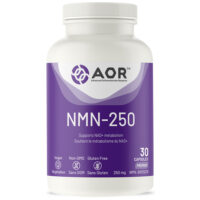When presented with a situation in which we could save someone’s life, most of us would take action without a second thought. But did you know that you could do something that could potentially save a life virtually any time you choose? By donating blood, we give something that could mean the difference between life and death for someone in need.
Fewer than 5% of the people who could give blood do so. As a result, the blood supply in most locations is a three-day supply or less. The shelf life of red blood cells is about 42 days in standard refrigeration. So additional donations are always welcome, and in many cases, there are critical shortages of certain blood types.
How Donated Blood Is Used
When we think of donating blood, we often imagine it going to someone who has been in a car wreck or other accident. Many transfusion recipients do fall into this category, but there are lots of patients who need blood for other reasons. Here are some of the situations in which someone might need to receive donated blood:
* Aneurysm – An aneurysm is caused by a weakened blood vessel, often around the brain or the heart. Aneurysms may burst, resulting in serious blood loss. This requires four to six units of red blood cells on average.
* Bone marrow transplant – Patients with certain diseases of the blood or bone marrow, and certain types of cancer, require bone marrow transplants. They must also receive red blood cells every other day for four weeks, as well as platelets each day for four to six weeks.
* Anemia and other blood disorders – Those who have abnormal blood often need ongoing transfusions or platelet exchanges throughout their lives.
* Cancer treatment – Cancer patients often need transfusions as part of their treatment. This consists of an average of two to six units of red blood cells, and platelets each day for several weeks.
* Organ transplant – Heart, kidney and liver transplant patients need blood to replace that lost during the transplant procedure. Requirements vary depending on the transplanted organ.
* Newborn babies and pregnant women – Complications during pregnancy and birth often necessitate transfusions for the mother or baby. Premature babies are especially likely to need blood shortly after birth.
In the United States alone, about four million people per year need blood transfusions. That’s why it’s so important for those who are able to donate blood to give, and to give often. You don’t know whose life you might save by giving a pint of your blood and an hour or less of your time. But you will certainly make an important difference in someone’s life, and in the lives of those who care about that person.







